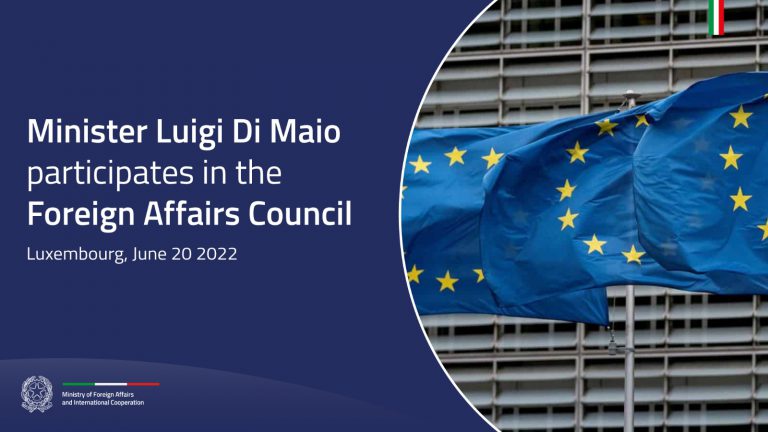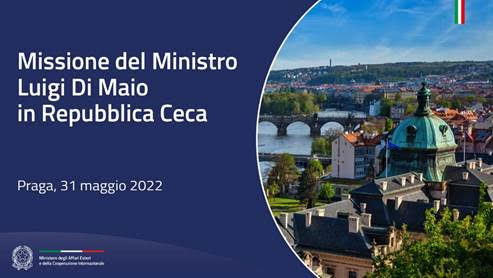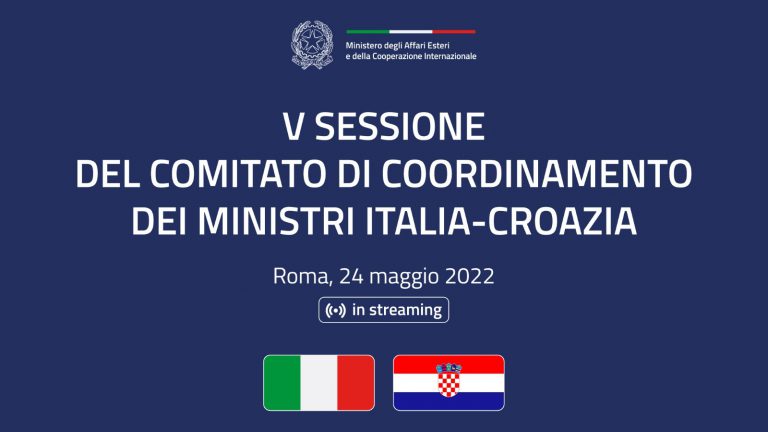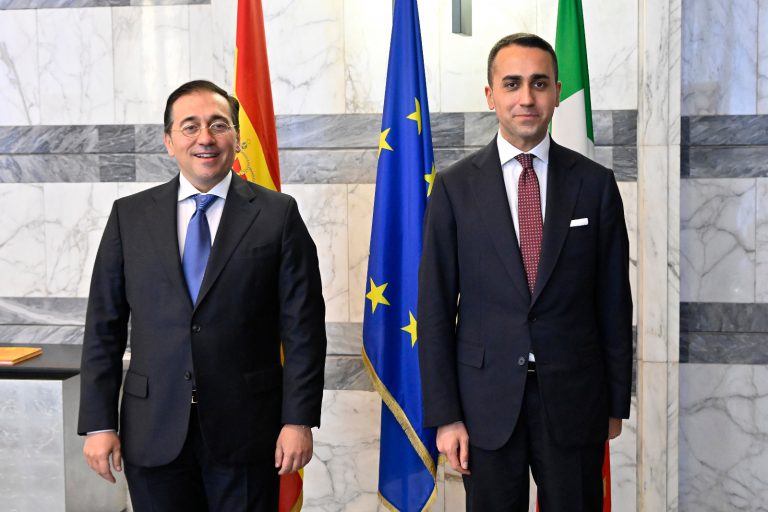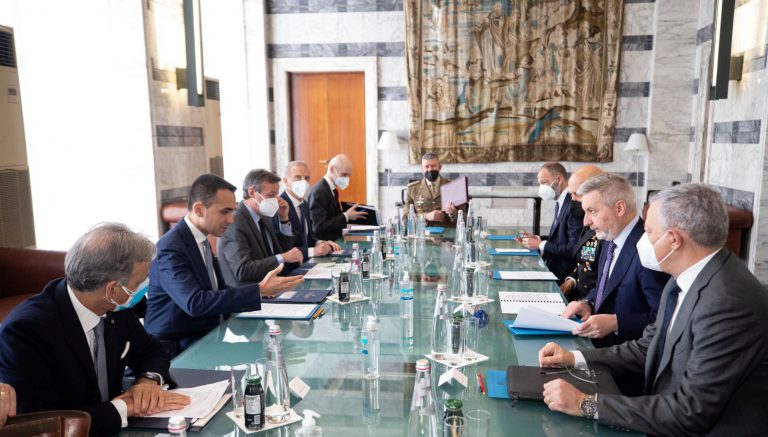The capacity for production, stockpiling and risk of the use of weapons of mass destruction (nuclear, chemical and bacteriological) have been principal factors in the major international crises of recent years: Iraq, Iran, North Korea, Libya and now Syria. In reality, these deadly tools are “inert” when in the absence of vectors capable of transporting them to their targets. That is why the United Nations Security Council has established that weapons of mass destruction, in combination with their carriers, constitute a serious threat to international peace and security
Italy has long been in the forefront in the sector of disarmament and non-proliferation. The Ministry of Foreign Affairs is hosting the plenary conference of the Missile Technology Control Regime (MTCR) through 18 October, a multilateral mechanism created to contain the proliferation of missiles whose first meeting was convened in Rome in 1988.
More than 200 delegates from dozens of States will be participating in the event. Our country will chair the MTCR for one year in the person of Ambassador Carlo Trezza, who is highly experienced in the field of disarmament and non-proliferation. The added value that Italy hopes to gain with the Rome conference will lie precisely in establishing the link between weapons of mass destruction and the missiles or unmanned vehicles that deliver them to their targets. We do not wish to impede countries from developing missile technologies in the field of space, nor from building satellite launchers for civilian purposes. But how to avoid these technologies being rerouted to destabilising WMD programmes or falling into the hands of terrorist groups or individuals? The is the challenge that awaits us. Participants in the Conference include the world’s top missile sector experts. A great deal of attention will go to analysis of the most dangerous situations, assessment of the lists of materials to be placed under control and the impact of measures such as the exportation ban.
Special attention will also be dedicated to those countries with greater access to space and missile technologies and, even more than that, those that have, or intend to produce, weapons of mass destruction. We will be raising the level of vigilance in cases of the transfer of materials toward countries that have violated non-proliferation norms or that have been subjected to Security Council sanctions.
The MTCR is not aiming for universal adhesion but at enlarging its membership while, at the same time, maintaining rigour in its criteria for admission.
As members of the European Union we would prefer that all our community partners were subject to the same legislation on missiles. Beyond enlargement, what is important is that the guidelines that the MTCR countries have adopted be applied by the largest number of countries possible. The plenary conference meeting in Rome will offer an important opportunity to contribute to stemming missile proliferation, in collaboration with the United Nations and other international bodies, and to fostering international peace and security.

